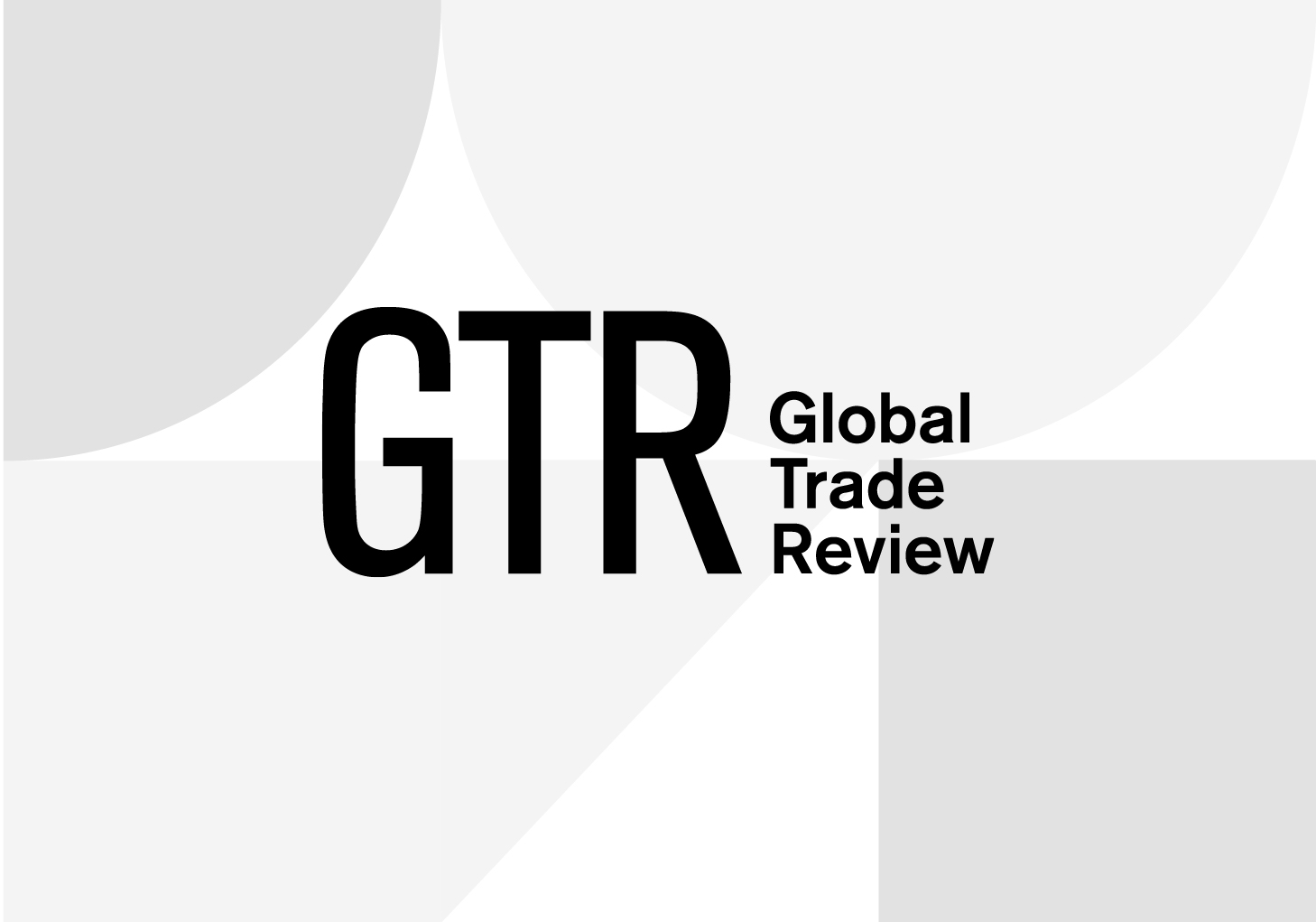Standard & Poor’s Ratings Services has revised its outlook on three Lebanese banks -Banque Audi, Banque de la M éditerran ée, and Blom Bank – to stable from positive following the outlook revision on the Republic of Lebanon to stable from positive.
At the same time, the ‘B-‘ long-term counterparty credit ratings on all three banks were affirmed, as were the ‘C’ short-term counterparty credit ratings on Banque Audi and Banque de la M éditerran ée.
The outlook revision on the sovereign reflects Standard & Poor’s assessment that the draft budget for 2004 implies a postponement in fiscal consolidation, and hence will delay an envisaged reduction in the government’s debt burden.
Standard & Poor’s view of the banking system remains unchanged, and the ratings on all three banks continue to reflect the risks inherent in operating in Lebanon, notably as a result of the government’s high budget deficit. Lebanese banks have high direct exposure to the sovereign: they have a low proportion of loans to total assets (claims on private sector credit represent about one-third of total bank assets) and channel surplus liquidity into government securities.
“Commercial banks are consequently a major source of government financing, with direct exposure to the sovereign, including deposits at the central bank that stood at L£43.9tn at May 31, 2003, or about eight times banks’ combined equity base,” says Standard & Poor’s credit analyst Emmanuel Volland. “This ties the banks to the fortunes of the republic.”
Standard & Poor’s continues to view favourably the rated banks’ good franchises and nimble liquidity management. One of the main features of the franchises is a healthy deposit base from the middle-to-higher end of the market, representing not only domestic but also international clients, the latter as a result of the Lebanese diaspora. Nevertheless, Lebanese banks have been financing the government’s deficit spending for a decade, and have become increasingly vulnerable to the credit risk of the republic.
“The stable outlooks on Banque Audi, Banque de la M éditerran ée, and Blom Bank reflect that on the Republic of Lebanon,” adds Volland. Current outlooks balance the prospects that the government will continue to implement its ambitious adjustment programme – albeit at a slower pace ahead of elections in early 2005 – against the risks of policy slippages and the effects of heightened regional tensions.
Any ratings upgrade on the sovereign and on the banks would require faster implementation of fiscal reforms, privatisation, and securitisation operations, as well as strengthened domestic and regional political stability. Conversely, deterioration on these fronts within the next year could put downward pressure on the sovereign as well as on the banks’ ratings.







